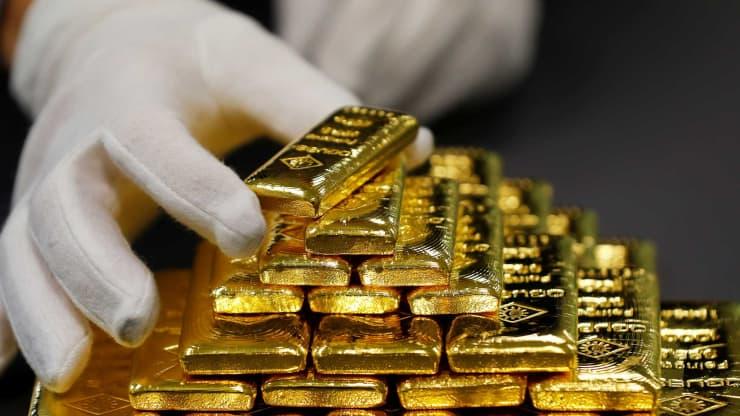Russia’s central bank plans to restart its purchase of gold from banks beginning March 28 in a bid to “balance supply and demand in the domestic precious metals market,” and bring back a semblance of normalcy to the country’s economy.
The central bank will pay a fixed rate of 5,000 rubles ($49) per gram of gold between March 28 and June 30, the institution said in a March 25 press release. This is below the value of gold in the international market where a gram costs around $62.96 as of March 25, according to KITCO. The Russian central bank argues that the established price level will ensure “a stable supply of gold and the smooth functioning of the gold mining industry in the current year.”





